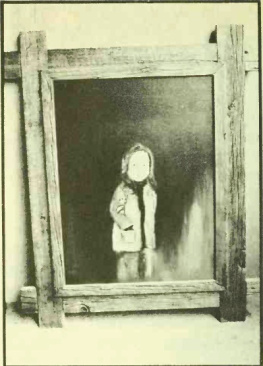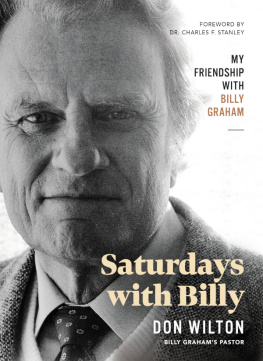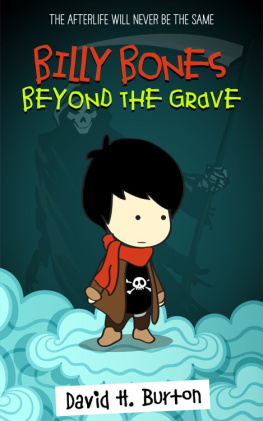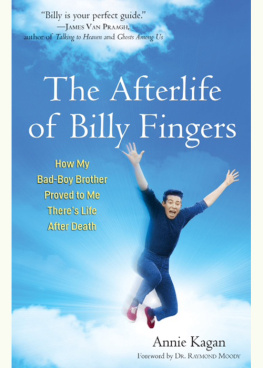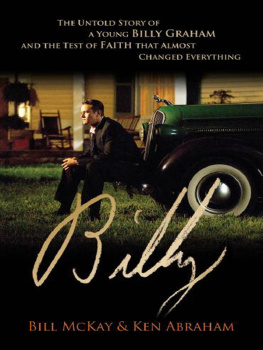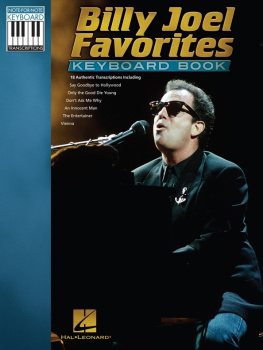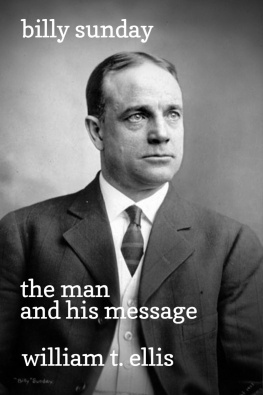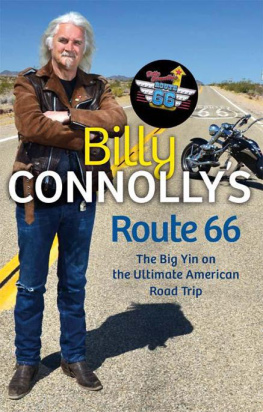BILLY MILLIGAN CAN BE ANYONE HE WANTS TO BE...EXCEPT HIMSELF.
Out of control of his own actions, Billy Milligan was a man tormented by twenty-four distinct personalities battling for supremacy over his bodya battle which culminated in late 1977 when he awoke in jail, arrested for the kidnap and rape of three women. In a landmark trial, Billy was acquitted of his crimes by reason of insanity caused by multiple personalitythe first such court decision in historybringing to public light the most remarkable and harrowing case of multiple personality ever recorded.
TWENTY-FOUR PEOPLE LIVE INSIDE BILLY MILLIGAN
Philip, a petty criminal; Kevin, who dealt drugs and masterminded a drug store robbery; April, whose only ambition was to kill Billys stepfather; Adalana, the shy, lonely, affection-starved lesbian who used" Billy's body in the rapes which led to his arrest; David, the eight-year-old keeper of pain"; and all of the others, including men, women, several children, both boys and girls, and the Teacher, the only one who can put them all together. You will meet each in this often shocking true story. And you will be drawn deeply into the mind of this tortured young man and his splintered, terrifying world.
An absorbing, often heart-rending exploration of the human mind." Cosmopolitan SPECIAL TO THIS EDITIONA NEW AFTERWORD BY THE AUTHOR
A FASCINATING WORK.
Los Angeles Times
With brilliance and discernment, Daniel Keyes adds to the popular literature about multiple personality. As a chilling kaleidoscope of horrifying events, The Minds of Billy Milligan is a shocker that will rivet even the casual reader to the page. As a psychological and sociological document, the book is a milestone. I congratulate Daniel Keyes.
Flora Rheta Schreiber, author of Sybil
HARROWING, COMPELLING. It has the force and conviction of truth.
Village Voice Literary Supplement
Mr. Keyes, who spent two years with Billy Milligan and interviewed his family, friends and acquaintances, as well as some of those in the medical profession who have tried to comprehend him, tells this complicated story well.... This book will attract a substantial readership. The New York Times Book Review
Daniel Keyes has carried it off brilliantly, bringing to the assignment not only a fine clarity but a special warmth, and empathy for the victim of circumstances and mental failings that made Flowers for Algernon one of the most memorable novels of the 1960s.
The Washington Post Book World
All rights reserved under International and Pan-American Copyright Conventions. Copyright 1981, 1982 by Daniel Keyes and William S. Milligan.
Afterword copyright 1982 by Daniel Keyes.
To the victims of child abuse, especially those in hiding...
ACKNOWLEDGMENTS
In addition to the hundreds of meetings and conversations with William Stanley Milligan, this book was developed from interviews with sixty-two people whose lives touched his. Although most of these people are clearly identified as they appear in the story, I would like to express my gratitude for their help.
I would like, also, to thank personally the following, whose cooperation played an important part in my research and investigations, and in the beginning, development and publication of this book:
Dr. David Caul, clinical director of the Athens Mental Health Center; Dr. George Harding, Jr., director of Harding Hospital; Dr. Cornelia Wilbur; Gary Schweickart and Judy Stevenson, public defenders; L. Alan Goldsberry and Steve Thompson, attomeys-at-law; Dorothy Moore and Del Moore, Milligans mother and present stepfather; Kathy Morrison, Milligans sister; and Milligans close friend Mary.
I am grateful for the cooperation of the staffs of the following institutions: the Athens Mental Health Center, Harding Hospital (especially Ellie Jones, public relations), the Ohio State University police department, the Ohio prosecutors office, the Columbus police department, the Lancaster police department.
My thanks and respect to two of the Ohio State University rape victims (portrayed by the pseudonyms Carrie Dryer and Donna West), who volunteered to give, in detail, the victims point of view.
I should like to thank my agent-attomey, Donald Engel, for his confidence and support in launching the project, and to my editor, Peter Gethers, whose unflagging enthusiasm and critical eye helped me get the material under control.
Although most people were eager to cooperate, several preferred not to talk to me, and I want to make clear the source of my material about them:
Dr. Harold T. Brown of the Fairfield Mental Health Clinic, who treated Milligan when he was fifteen, is represented in his comments, thoughts and insights by quotations and paraphrases from his case notes. Dorothy Turner and Dr. Stella Karolin of the Southwest Community Mental Health Center, who discovered and first diagnosed Milligan s multiple personalities, are described through his clear memory of meetings with them, corroborated by their written reports, their sworn court testimony and descriptions of other psychiatrists and attorneys who knew and spoke with them at the time.
Chalmer Milligan, Williams adoptive father (identified at the trial and by the media as his stepfather) refused to discuss the allegations against him, and refused my offer to tell his side of the story. In statements he sent to newspapers and magazines and in publicized interviews, he denied Williams accusations of threatening, abusing and sodomizing him. Chalmer Milligan s alleged actions are, therefore, derived from trial transcripts, which were supported by depositions from relatives and neighbors and corroborated in my taped interviews with his daughter, Challa; his adopted daughter, Kathy; his adopted son, Jim; his former wife, Dorothy; and, of course, William Milligan.
I would like to give special recognition and express my appreciation to my daughters, Hillary and Leslie, for their help and understanding during the difficult days of researching this material, and to my wife, Aurea, who in addition to making her usual helpful editorial suggestions listened to hundreds of hours of interview tapes and logged them into a retrieval system so that I could find and cross-check conversations and information. Without her encouragement and help, this book would have taken many more years to write.
PREFACE
This book is the factual account of the life, up to now, of William Stanley Milligan, the first person in U.S. history to be found not guilty of major crimes, by reason of insanity, because he possessed multiple personalities.
Unlike other multiple personalities in psychiatric and popular literature who were kept anonymous at the outset by the use of fictional names, Milligan became a controversial public figure from the moment he was arrested and indicted. His face appeared on the front pages of newspapers and on the covers of magazines. Results of his mental examinations made evening television news programs and newspaper headlines around the world. He is also the first multiple personality patient to have been carefully examined around the clock as an inpatient in a hospital setting, with findings of multiplicity attested to in sworn testimony by four psychiatrists and a psychologist.
I first met the twenty-three-year-old man at the Athens Mental Health Center in Athens, Ohio, shortly after he had been sent there by the courts. When he asked me to write his story, I told him it would depend on whether or not there was more to it than had been reported extensively in the media. He assured me that the deeper secrets of his inner people had never been revealed to anyone, including his attorneys and the psychiatrists who had examined him. Now he wanted the world to understand his mental illness. I was skeptical but interested.
Several days after I met him, my curiosity was further aroused by the last paragraph of a Newsweek article entitled The Ten Faces of Billy:
Next page
